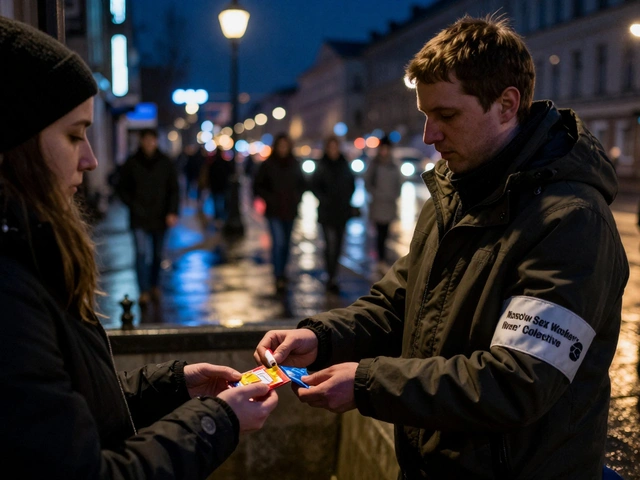Support Networks for Adult Work Professionals: Safety, Connection, and Survival
When you’re working in adult services, support networks, structured groups of peers, advocates, or professionals who provide safety, advice, and emotional backup. Also known as peer networks, they’re not optional—they’re survival tools. No one should navigate this work alone. Whether you’re in Munich, Moscow, or Dubai, the risks don’t disappear just because you’re professional. But with the right people around you, they become manageable.
These networks aren’t just about sharing stories. They’re about sharing safety tools, practical resources like panic apps, client screening checklists, and encrypted communication methods. They’re about legal guidance, knowing your rights when police show up, how to report abuse without getting targeted, and where to find free legal aid. And they’re about emotional resilience, countering stigma with real talk from people who’ve been there. You don’t need a therapist to start—just someone who won’t judge you for taking a client to a hotel, or for refusing a booking that felt off.
In Munich, women meet weekly to swap tips on banking and taxes—because no bank should deny you an account just because you’re an escort. In Moscow, groups use encrypted channels to warn each other about violent clients before they even show up. In Dubai, women share burner phones and safe house addresses when they’re forced to move fast. These aren’t secrets. They’re strategies. And they’re working.
What makes a support network real? It’s not how big it is. It’s whether someone will answer your text at 2 a.m. when a client won’t leave. Whether you can call in a panic and get a ride home. Whether you know who to call if your account gets frozen or your ad gets taken down. That’s the difference between isolation and safety.
This collection isn’t about theory. It’s about what people are actually doing right now to protect themselves. You’ll find guides on spotting exploitation in Munich, building silent support circles in Moscow, setting boundaries that stick in the UK, and using apps that turn your phone into a personal alarm. These aren’t hypotheticals. These are real tools used by real workers—every day.





